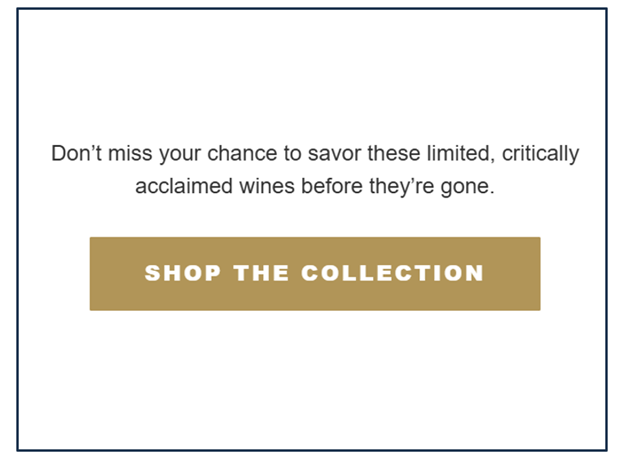Why the New Study on Caffeine, Alcohol, and Sleep Deserves a Second Look
- Marla
- Jan 2, 2024
- 4 min read

It’s well documented that caffeine disrupts sleep, and that alcohol disrupts sleep. Studies have also shown that drinking something that contains both caffeine and alcohol or drinking caffeine and alcohol at the same time will negatively impact sleep.
But what happens when someone drinks caffeine in the morning and then alcohol at night?
In one of the first studies of its kind, investigators from the University of Washington and the University of California Berkeley set to find out. They studied a group of stock market traders, a profession where degraded sleep is known to be detrimental to performance. They hypothesized that the combination of caffeine in the daytime and alcohol at night would also adversely affect sleep, perhaps even more so.
But it didn’t.
Contrary to the hypothesis prediction, when caffeine was consumed earlier in the day and alcohol later on, the effects appeared to offset each other. The result: “The interaction between the two substances had a positive effect on subjective sleep quality.” [emphasis in the original].
The study, published in the respected journal Plos One, found:
“The night-time consumption of alcohol minimizes the otherwise detrimental impact of daytime caffeine on sleep, suggesting a potential explanatory path by which the sedative influence of alcohol can modulate the stimulant effects of caffeine, and may explain why individuals habitually self-medicate with night-time alcohol to override the effects of their daytime caffeine intake amount and vice versa.”
Why This Study Deserves a Second Look
The study is notable, but not because the results were surprising to the researchers.
What's important is the wider implication of the results.
The improved sleep was self-reported by the research subjects. The financial traders perceived themselves as having had better sleep when drinking a cycle of caffeine-alcohol-caffeine-alcohol. It’s not an objective finding.
The researchers allude to this fact in the study. They’re a little more forthcoming about it in their press release. Frank Song, a lead researcher, said:
“It's a very, very nice thought, I think, in many people's minds that you could just use caffeine to wipe off the hangover.…But what we find is that while there may be greater alertness in the short term, it creates a sleep-state misperception contributing to continued use despite negative effects on sleep.”
In other words, drinking these two mind-altering beverages to counteract each other may actually be disrupting sleep but people don’t realize it, which can reduce sleep further.
Unfortunately this is still pretty cryptic, which has caused many to downplay the findings. It has also caused some press outlets to ignore the report or misread the findings as something positive: the caffeine/alcohol cycle led to improved sleep.
But that's not necessarily the case.
To better understand the results and the implications one needs to read the full study, which I did.
It’s the last sentence that most caught my attention. The study warns that the results point to “the performance-impairing (and thus economic-cost) consequences of which may be important to the business sector and the society.”
Whoa. All of a sudden the self-misperception that one got a good night's sleep when one didn’t is detrimental to the economy and society.
This is why the new study on caffeine, alcohol, and sleep deserves a second look.
The issue is that lack of sleep is much more serious than most people know. When we are sleep-deprived, it hurts us physically. It raises our risk of heart disease and diabetes, hurts our immune systems, and increases the risk of weight gain.
We also have slower response times, impaired decision-making, difficulty paying attention, and are more anxious, anti-social, and depressed.
Sure, this is problematic for stock traders.
But what about other professions, especially ones that arguably have a greater impact on the public, like bus drivers, air traffic controllers, or medical personnel?
Moreover, this consumption cycle is very common. The study notes that alcohol and caffeine are two of the most widely consumed psychoactive substances used for augmenting human consciousness and are the most commonly used substances for manipulating sleep and wakefulness.
So it’s widespread.
This is why the researchers are worried. If people are running around in a self-created sleep-deprived fog, they are going to make mistakes and hurt themselves and others. The study focused on financial and economic harm. But it could also be physical, mental, and emotional harm. And that can have even greater, far-reaching impact.
I wish that the study authors had been more explicit. If they had, people may be giving the study more attention and taking it more seriously.

We hope this information on why the new study on caffeine, alcohol, and sleep deserves a second look provides some food for thought. It’s certainly made me examine my own coffee/wine/sleep patterns.
What do you think of this study? Should there be further research in this area? Send us a message at info@winewithourfamily.com. Always feel free to reach out to us with any questions or feedback.
If you enjoyed this post, visit our website and take a look at some of our related articles:




Comments